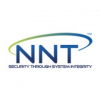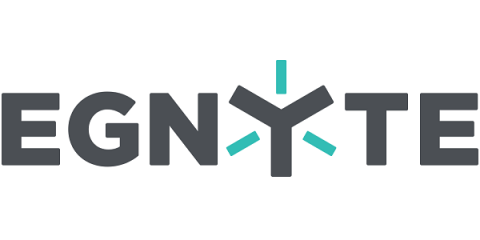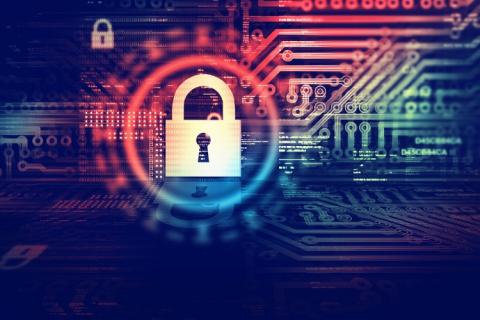2 Big Steps to Keep Electronic Health Records Secure
Many industries have sweepingly digitized their documentation in the name of efficiency – substantial efficiency. The healthcare industry created the electronic health record (EHR) in the name of efficiency as well (among other benefits). But EHRs are far from universal in the medical space. While some hospitals and practices are simply slow to adopt modern practices, the greatest barrier to the universal adoption of electronic health records is privacy and security.








